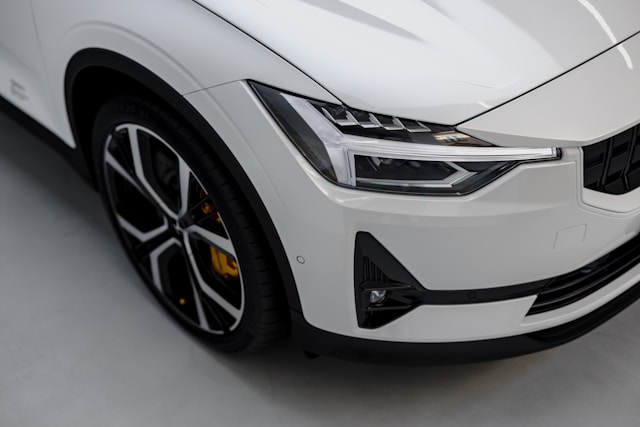Domestic demand soars as Western tariffs stifle exports, securing China’s dominance in the global electric vehicle race.
China has tightened its grip on the global electric vehicle (EV) market, with an astonishing 76% market share as of October. This remarkable milestone, reported by the China Passenger Car Association, underscores the country’s growing influence in the EV sector, even as Western nations impose heavy tariffs that threaten exports. From January to October, China sold an impressive 14.1 million EVs, with nearly 70% of those purchased by domestic consumers.
China’s dominance is not accidental. It is the result of strategic investments, favourable government policies, and a culture increasingly embracing green transportation. While the United States and the European Union raise barriers, China is driving full throttle into the future.
Embed from Getty ImagesThe domestic market has proven to be China’s most formidable shield. Recent policies doubled EV subsidies to 20,000 yuan (£2,169) for consumers trading in conventional vehicles. This has not only fuelled local sales but has also attracted global players like Tesla. Elon Musk’s automotive giant, despite being an American company, benefitted from these subsidies, enjoying a 7% increase in sales during the third quarter.
However, the situation is quite different when it comes to exports. The United States has ramped up tariffs on Chinese-made EVs to a staggering 100%, up from the previous 25%. Former President Donald Trump has added fuel to the fire, vowing an additional 10% tariff on all imports from China. Meanwhile, the European Union has slapped Chinese EVs with tariffs of up to 35%, on top of the existing 10%. These measures, driven by concerns over market competition and geopolitical tensions, have not deterred China’s ambitions but have certainly added pressure.
China’s response has been pragmatic. When doors close in the West, opportunities are seized elsewhere. Russia, sidelined by Western automakers due to sanctions over its invasion of Ukraine, has become a prime destination for Chinese EV exports. Shipments to Russia have surged by 109% over the past two years, while exports to the US have slumped by 23%. Cui Dongshu, the secretary-general of the China Passenger Car Association, pointed out that Chinese carmakers are eager to fill the void left by Western companies in Russia, despite the risks.
The Western tariffs come at a pivotal time for China’s EV industry. Beijing has identified the sector as one of its “new three” priority areas for economic development and green transition. The stakes are high, and the competition is fierce. Yet, China’s relentless focus on scaling up production, enhancing technology, and nurturing local demand is paying dividends.
The numbers speak volumes. Last year, just under 60% of global EV registrations occurred in China. This year, the country has catapulted its share to more than three-quarters, a testament to its unyielding commitment to innovation and sustainability.
Yet, challenges remain. Cui Dongshu acknowledged the hurdles in expanding globally due to tariffs and geopolitical tensions but stressed that China’s domestic market strength is a bulwark against such headwinds. The government’s continued investment in green infrastructure and consumer incentives ensures that the EV sector remains robust.
Interestingly, China’s success is not solely due to state backing. Consumers have shown an enthusiastic appetite for EVs, drawn by both environmental consciousness and the practical benefits of generous subsidies. Major Chinese automakers such as BYD and Nio have become household names, innovating rapidly to meet the evolving demands of an increasingly sophisticated market.
As China’s EV juggernaut rolls on, the global landscape is shifting. The country’s ability to balance domestic growth with strategic exports has set it apart. Despite Western efforts to curb its influence, China is poised to remain the dominant player in the EV industry. Its success is not just a tale of economic might but also a testament to strategic foresight and adaptability.
In the coming months, all eyes will be on how China navigates these challenges and opportunities. With the domestic market as a firm foundation, the country is well-positioned to push the boundaries of what is possible in the green transportation revolution. For now, the road ahead seems clear: China’s grip on the global EV market shows no signs of loosening.
